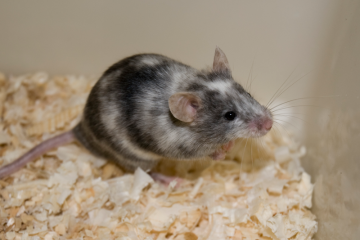Project grant
Neoplasia and pain in laboratory animals

At a glance
Completed
Award date
January 2005 - April 2008
Grant amount
£212,204
Principal investigator
Dr John Roughan
Co-investigator(s)
Institute
Newcastle University
R
- Refinement
